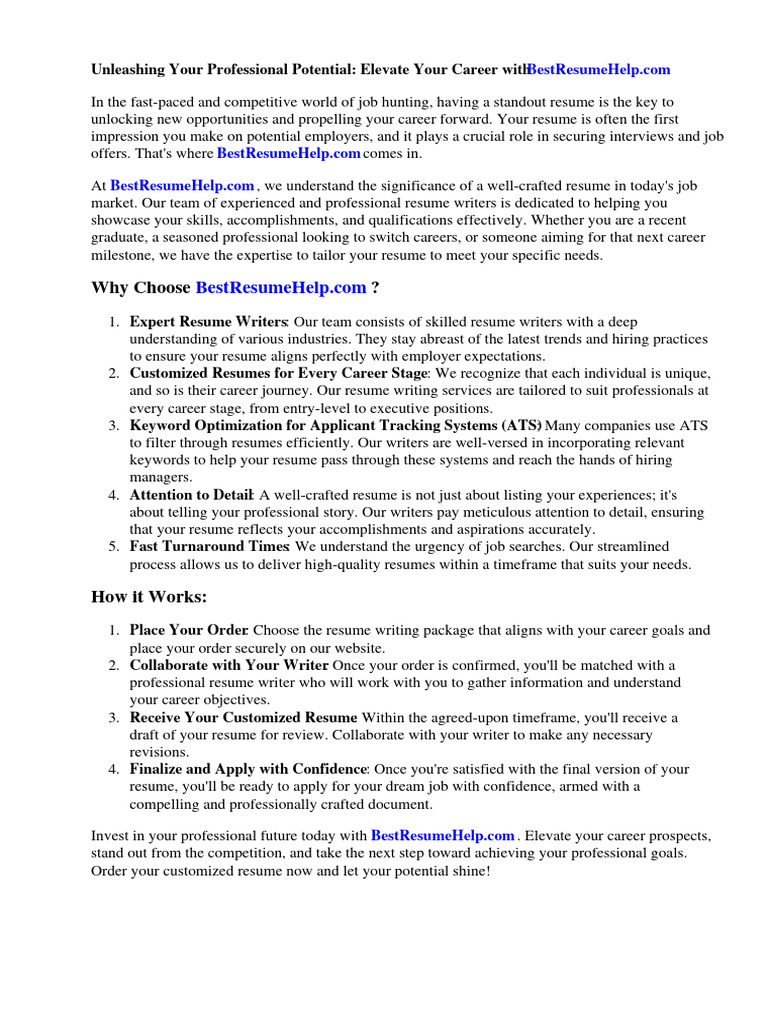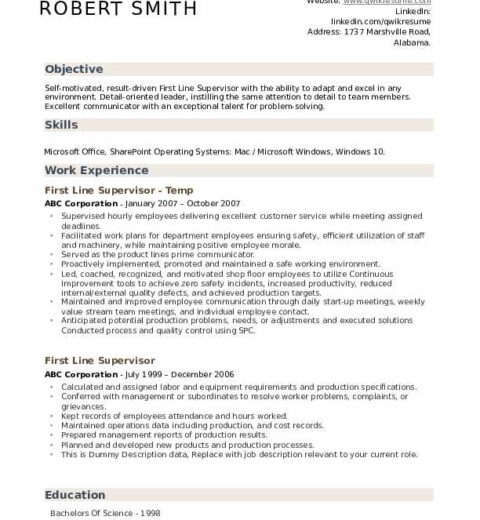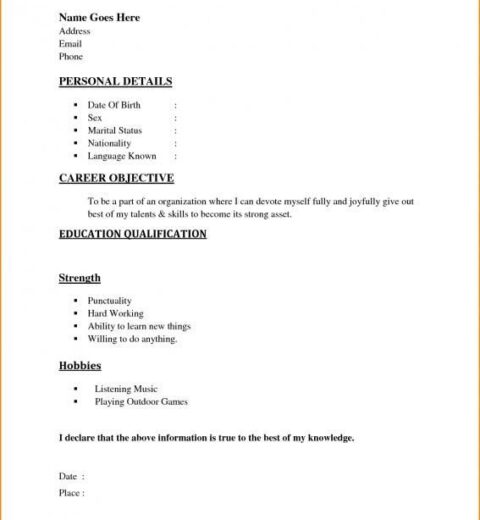In the contemporary job market, the inclusion of references on a resume often stirs debate among job seekers and professionals alike. Should you put references on your resume? This question poses a playful challenge, stirring curiosity and introspection. While some may advocate for their inclusion, others assert that references belong elsewhere in the application process. What, then, do recruiters say about this potentially pivotal decision?
To unravel this dilemma, it is vital first to understand the function references serve in the employment landscape. Generally, references provide a corroborative glimpse into a candidate’s previous performance, work ethic, and character as reported by past supervisors, colleagues, or mentors. They serve to validate the claims made in a resume, reinforcing a candidate’s qualifications through third-party endorsements. However, the imperative to include them directly on your resume can vary based on industry norms, individual career trajectory, and specific job applications.
In the competitive realms of certain industries, job seekers are often advised against listing references directly on their resumes, primarily for reasons of space management and strategic presentation. When a position demands brevity and precision, the recommendation is to utilize the available real estate on your resume to spotlight key skills, accomplishments, and relevant experiences rather than the contact details of acquaintances.
Let’s consider another angle. Including “References Available Upon Request” may seem like an innocuous way to hint at your network, but in reality, it can represent a redundant statement. Recruiters have come to expect that candidates will provide references if asked. Therefore, utilizing valuable resume space to communicate this message can be perceived as unnecessary. Instead, candidates should aim to captivate potential employers with succinct and impactful summaries of their professional history.
Nonetheless, certain situations warrant a different approach. For instance, recent graduates or individuals with limited work experience might benefit from including references directly on their resumes. In this case, references may act as a compensatory mechanism, providing additional insight into the candidate’s skills and attributes. A professor or a mentor who can attest to a candidate’s capabilities may impart significant weight, granting the applicant a competitive edge in a pool filled with seasoned professionals.
As you decode the nuanced relationship between references and resumes, it’s essential to consider the contexts that dictate industry practices. In fields like academia, healthcare, or other specialized domains, formal references are often not just encouraged but expected. Therefore, weaving references into your application can serve as a testament to your credibility and ethical standing within your field. For these sectors, the science of human interaction often extends to the academic or intellectual authority bestowed upon candidates through their references.
However, even in such environments, it may remain prudent to provide references beyond the resume format. A separate references page attached to the resume or offered upon request can offer a more organized and professional presentation. This section can include ample details, such as the reference’s name, relationship to the candidate, and contact information, thus avoiding cluttering the resume’s main body.
Moreover, it’s imperative to consider the timing of your reference provision. Before listing someone as a reference, engaging in a preemptive discussion with potential referees is vital. Consent is not merely courteous but also a practice that ensures your references are prepared and willing to advocate for you, should an employer inquire. This proactive approach minimizes potential discomfort and reinforces the integrity of your application process.
In addition to choosing which references to solicit, another critical component to examine is the quality of the reference provided. In the landscape of hiring, the strength of your references can vary considerably. A stellar reference from a respected professional can significantly bolster your credibility, while lukewarm endorsements may diminish the overall impact of your application. Therefore, it may be advantageous to curate a diverse array of references, showcasing different aspects of your professional identity—from technical skills to interpersonal capabilities.
Furthermore, the relevance of references in shaping a candidate’s prospects cannot be overstated. Recruiters often take note of how well a reference aligns with the specific role you are applying for. For instance, if you are vying for a management position, a reference who can vouch for your leadership capacities, team-building endeavors, and strategic acumen can dramatically enhance your candidacy. The art of choosing references to mirror your professional narrative is a fine balancing act, one that underscores the importance of strategy in the hiring process.
As you contemplate the merits of incorporating references into your resume, it is prudent to synthesize insights from industry expectations and individual career aspirations. Should you choose to include references, ensure they are relevant and presented in a manner that complements your personal brand. Alternatively, if you opt to withhold them from your resume, prepare to furnish them during the interview phase, demonstrating your readiness to back up your credentials with credible endorsements. Ultimately, the decision rests upon prudent judgment and understanding both the context and nuances surrounding the hiring practices in your desired field.
In conclusion, the inclusion of references on a resume is not a steadfast rule, but a choice laden with strategic implications. Weighing the pros and cons can ensure that you present your qualifications in the best possible light. As the job market evolves, what works today may not work tomorrow, thus remaining adaptable and informed is critical. The landscape of employment is constantly shifting; so too must your approach to assembling a robust and audience-appropriate resume.




